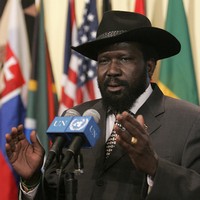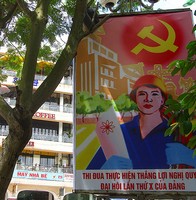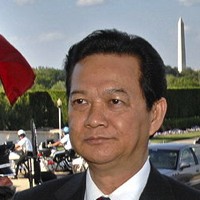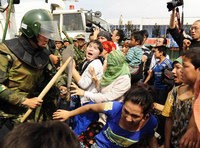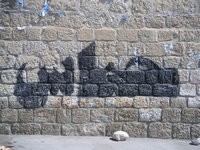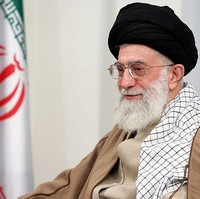
When results began to emerge from Iran’s March 2 parliamentary elections, the ayatollahs, their cohorts and the news outlets they control were quick to herald a resounding victory for the principles of “velayat-e faqih,” or “governance by the Islamic jurist,” the doctrine that puts Iran’s religious leadership at the top of the political hierarchy. Western media followed suit, declaring a solid victory for factions supporting Supreme Leader Ayatollah Ali Khamenei by lumping together all Islamic parties that had gained parliamentary seats. Yet, jumping to such conclusions simply reinforces what Iran’s fundamentalists want their own public and the West to believe, […]

